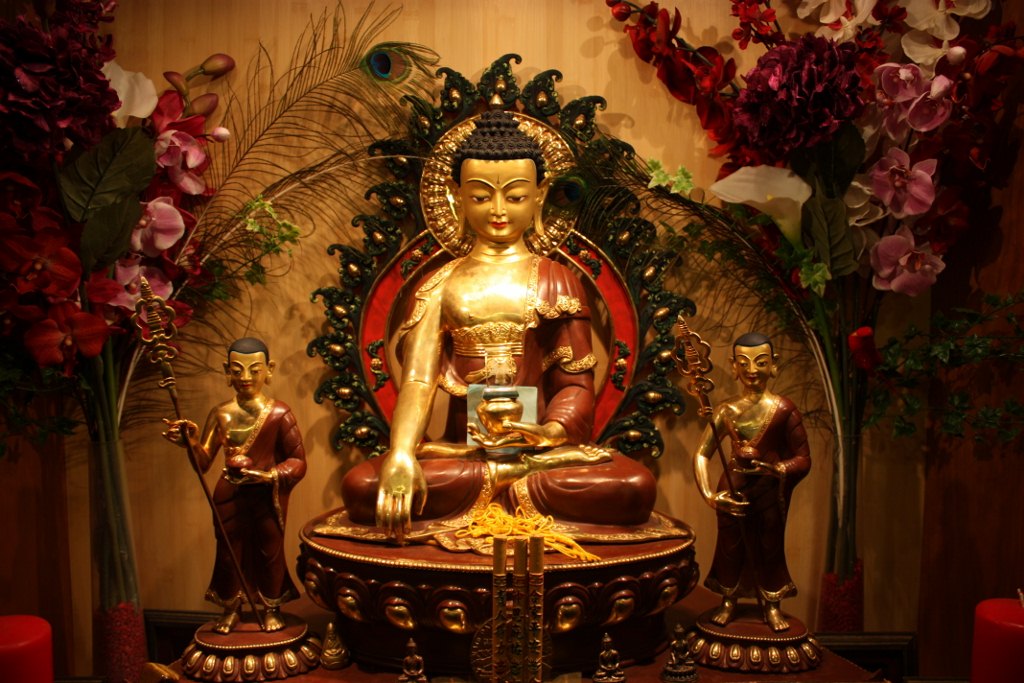![MertonThomas[1]](https://wp-media.patheos.com/blogs/sites/628/2010/11/MertonThomas11.jpg)
Merton was born in 1915 in Prades in the south of France. His father was a native of New Zealand and his mother an American. When Merton was six his mother died, and he was sent to live with his grandparents in the United States while his father pursed a career as an artist. At ten Merton rejoined his father in Europe and went to boarding school, first in France and then in England. His father died of cancer when Merton was fifteen, leaving Merton under the guardianship of a family friend.
In the next years Merton became a sophisticated and worldly young man, traveling throughout Europe and spending freely. On a trip to Rome he was attracted to the Byzantine mosaics in churches, his first true glimmering of interest in religious matters. That impulse quickly faded, however, once he started Cambridge University, where he enjoyed an exuberant social life—so much so that he lost the chance to return the second year.
Merton returned to the U.S. and enrolled at Columbia University in New York, where he was mentored by two teachers who made a deep impression on him: Mark Van Doren, a poet and professor of English literature, and Daniel Walsh, a part-time philosophy instructor. His passion for writing and literature blossomed at Columbia and he eventually earned his master’s degree, writing his thesis on the English mystical poet William Blake.
Merton’s interest in writing was accompanied by a deepening spiritual quest, and in 1938 he was baptized into the Roman Catholic Church. He applied to join a Franciscan order, but was turned down because of his youthful indiscretions (which may have included fathering an illegitimate child).
During a year of teaching at St. Bonaventure University in New York, Merton realized that his interest in a monastic vocation could not be denied. In December of 1941 he was accepted as a postulant at the Abbey of Our Lady of Gethsemani in Bardstown, Kentucky, after having spent a retreat there earlier in the year.
Merton was fortunate in that his abbot recognized his extraordinary talent for writing. He told Merton that he was to write his autobiography, which became The Seven Storey Mountain (the title references a line in Dante’s Purgatorio). When it was published in 1948, the book became an unlikely best-seller and today is considered one of the spiritual classics of the modern age.
Merton would go on to write poems, articles, essays, and more than 60 books. In the latter decades of his life he became increasingly interested in Asian religions, particularly Buddhism. His leadership helped spark Christian-Buddhist dialogue that continues to this day.
Merton died in 1968 of an accidental electrocution while attending an interfaith conference of contemplative monks in Thailand. He was 53 years old. Since then, his works have been translated into more than 30 languages.
A pretty remarkable story for someone who supposedly removed himself from the world, don’t you think?











